Uganda’s Harsh Reality and My Journey to Safety: A Call for Global Action
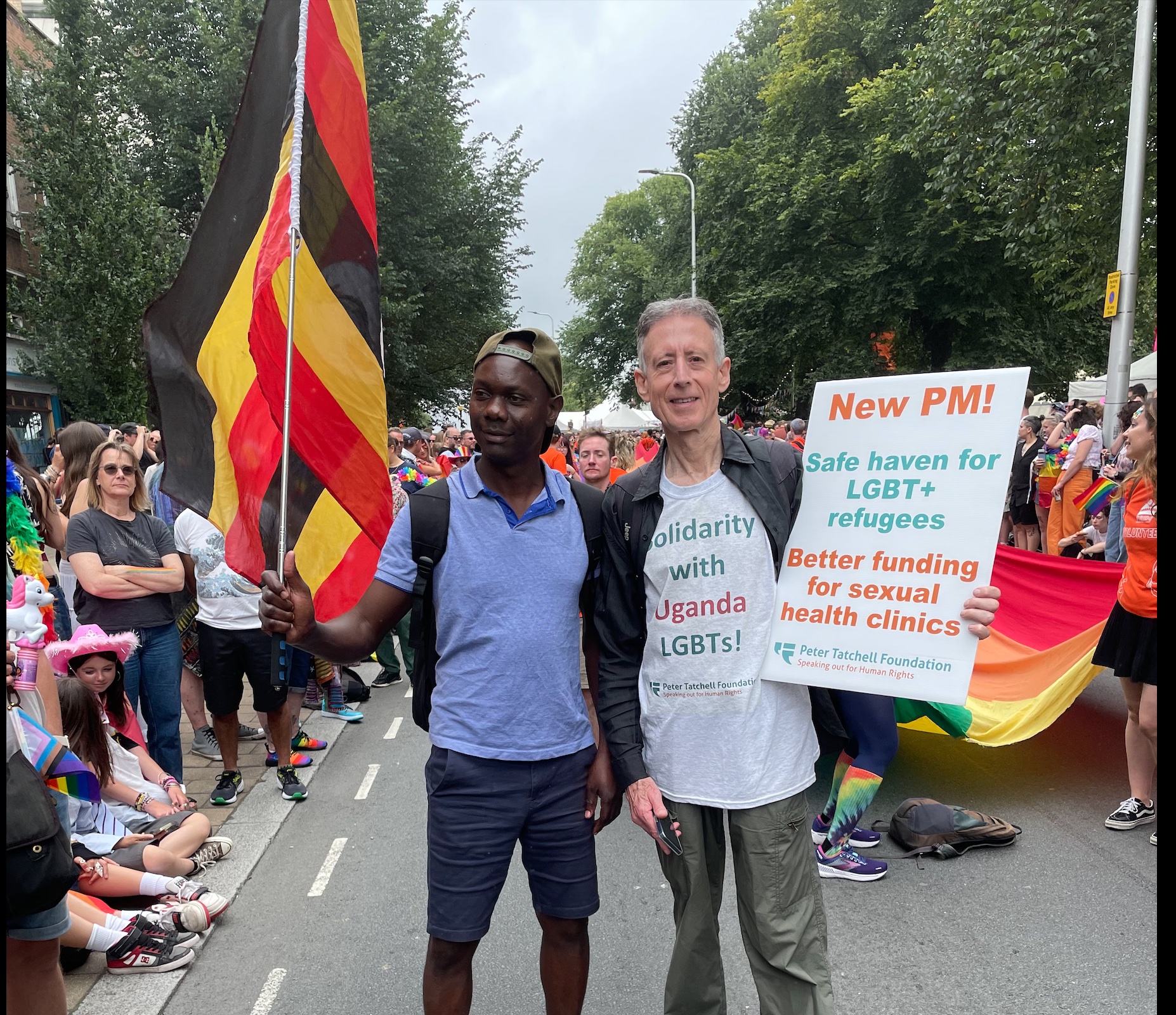
By James Kabengwa
LONDON. For years, I dedicated my work as a journalist to fighting for human rights in Uganda. I never imagined that my passion for justice and equality would lead to threats against my life, forcing me into exile. Yet here I am, in the United Kingdom—a country that has offered me the freedom to speak my truth, but also a place that serves as a constant reminder of what I have left behind and what still needs to be done.
In Uganda, being openly supportive of LGBTQ+ rights is akin to signing your own arrest warrant. When President Yoweri Museveni signed the Anti-Homosexuality Act of 2023 into law, it wasn’t just a political maneuver; it was a state-sanctioned attack on basic human dignity. The law prescribes extreme penalties, including life imprisonment and the death penalty for what the government calls “aggravated homosexuality.” By the stroke of Museveni’s pen, our community was plunged into fear and further isolation.
My advocacy articles, opinion pieces, and speaking engagements continues—because I believed then, as I do now, that the written word is a powerful tool for change. But in Uganda, writing in defense of LGBTQ+ rights is not only an act of courage; it is treated as an act of rebellion.
My most controversial opinion piece that went viral, I had criticized the Ugandan government for perpetuating colonial-era laws and denounced the state’s backwardness in accepting modern concepts of diversity. I argued that embracing every citizen’s identity, regardless of sexual orientation, is not only humane but necessary for our country’s moral and social progress.

Instead of sparking a meaningful debate, my words brought police summons and a cloud of suspicion over my life. The Ugandan Police `force through its local Nakabugo-Bulaga police post even recorded a case against me under the draconian laws that penalize “promoting homosexuality.” Yet, my real crime was daring to stand for those silenced and marginalized. I have been labelled as an outcast and a threat to local culture.
For LGBTQ+ people in Uganda, life is a labyrinth of danger. Our so-called “progressive” refugee policies are a sham, with queer individuals facing intensified discrimination both inside and outside refugee settlements. Those who flee their countries hoping to find safety here are quickly disillusioned. Local leaders and religious influencers frequently incite hatred, making it nearly impossible for LGBTQ+ refugees to integrate into communities. In urban settings, LGBTQ+ individuals working in small businesses are accused of corrupting local morals and are subjected to threats and violence.
My situation escalated when I refused to back down. Articles I wrote advocating for international pressure and speaking against Uganda’s regressive stances put me directly at odds with powerful institutions, including the Buganda Kingdom, one of Africa’s oldest monarchies. My criticism of their corruption practices earned me even more enemies, and soon it became clear that staying in Uganda would mean imprisonment—or worse.
Fleeing to the UK was not just a desperate escape; it was a chance to keep fighting in a different, safer arena. Here, I found what Uganda lacks: a robust system that respects and enforces human rights, a nation where diversity is celebrated, not criminalized. The UK’s emphasis on equality and freedom of expression gives activists like me a platform to continue advocating for those who remain unheard in my homeland.
Yet, living in relative safety is a double-edged sword. I carry the guilt of being one of the fortunate few who managed to get out. I think of LGBTQ+ friends still in hiding, terrified to even whisper their truths. I think of the activists who are working tirelessly but fear that every phone call or knock at the door could mean imprisonment. The situation in Uganda remains dire, with entire communities forced into secrecy to survive.

The international community must not look away. Condemnations and diplomatic statements are not enough. We need actionable pressure, consistent advocacy, and support for grassroots organizations that help protect LGBTQ+ Ugandans. Governments and human rights organizations should amplify the voices of those silenced back home and provide clear pathways to asylum for individuals at risk.
My stay in the UK is a story of survival, but it should not be extraordinary. Everyone deserves to live openly, free from fear. Uganda has taken a dark path, but I believe that change is inevitable. It starts with us—those in exile and those still at home—fighting from every corner of the world to hold our leaders accountable and push our country toward progress.
As I write from a place of relative safety, I am more determined than ever to see a Uganda that respects all of its citizens. We cannot rest until love, in all its forms, is decriminalized. Until then, I will continue to use my voice, both as a journalist and an advocate, to champion this cause.
James Kabengwa is a Uganda journalist currently resident in the United Kingdom.











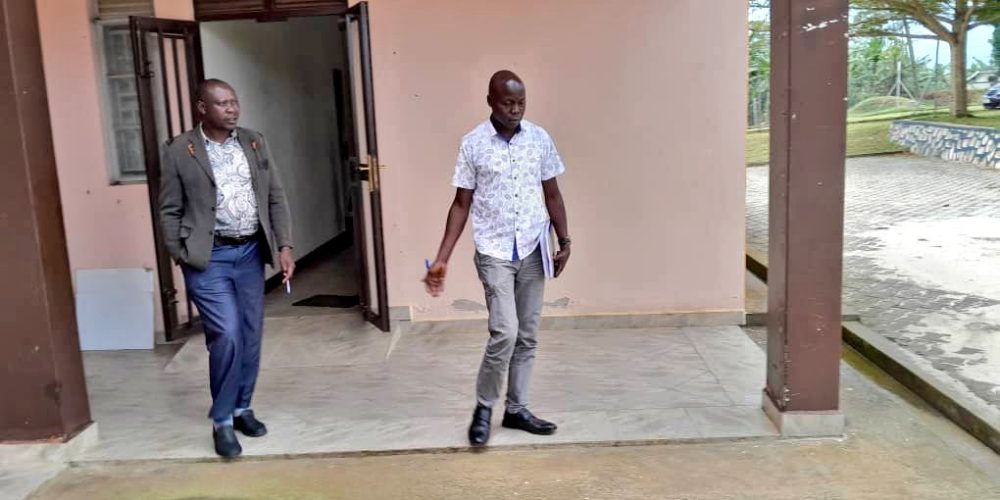
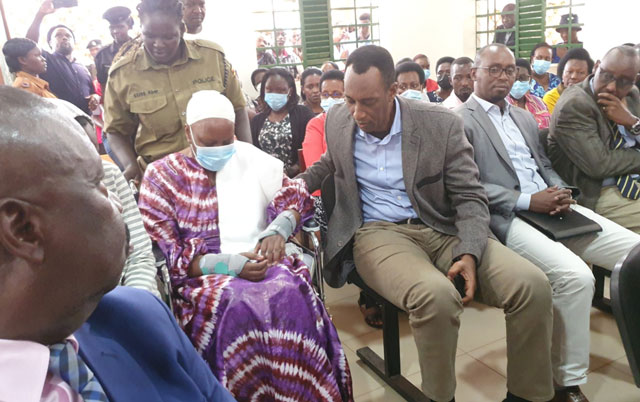
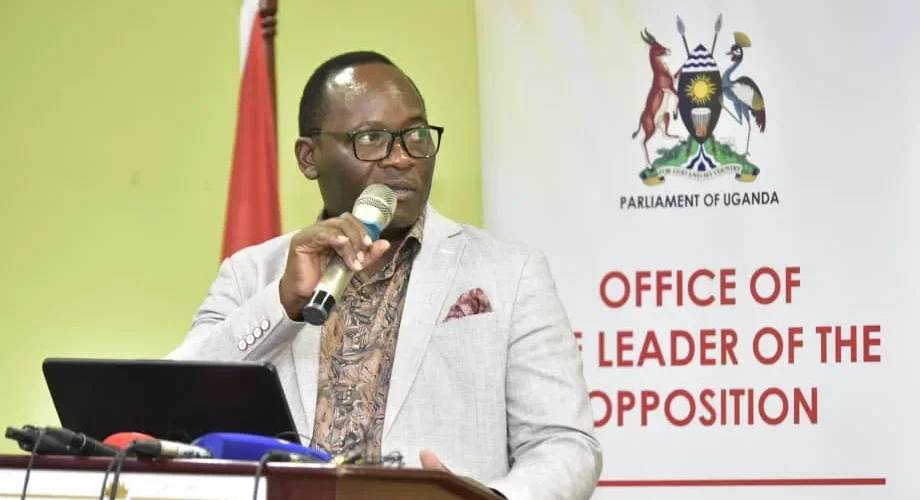

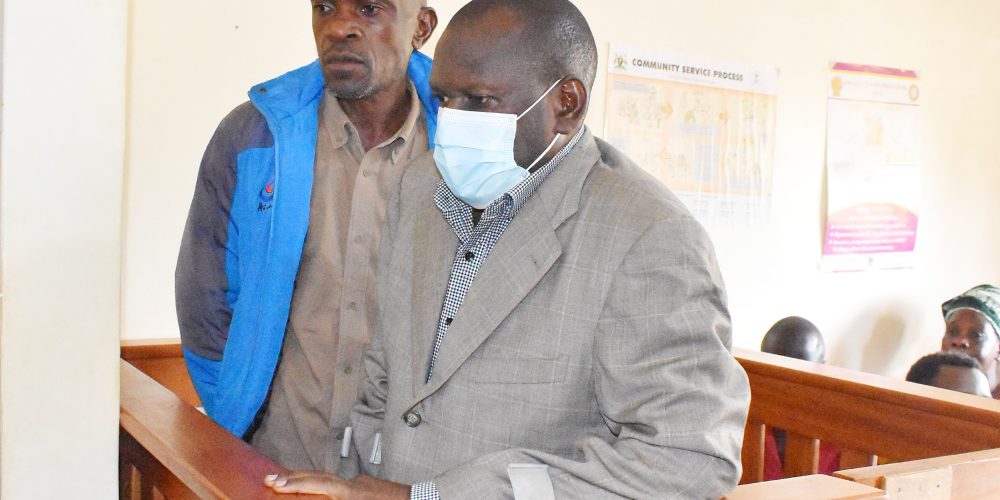


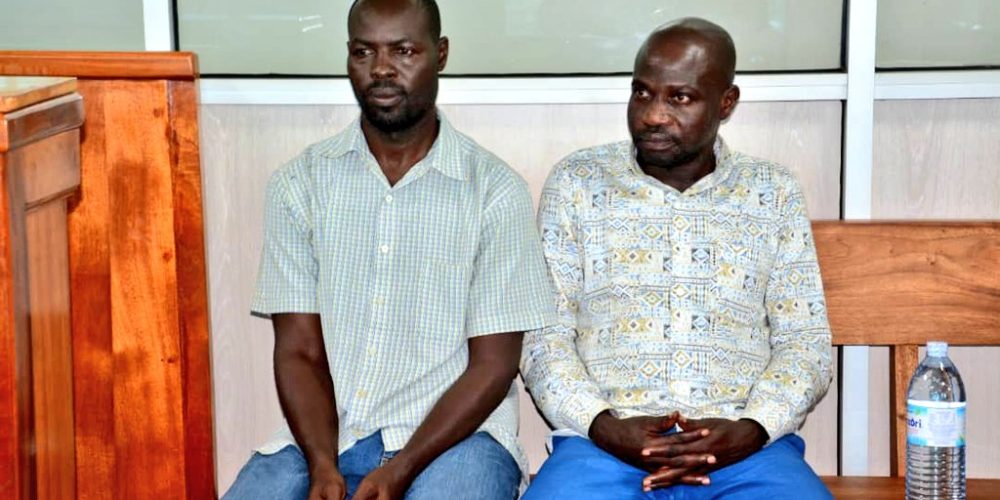
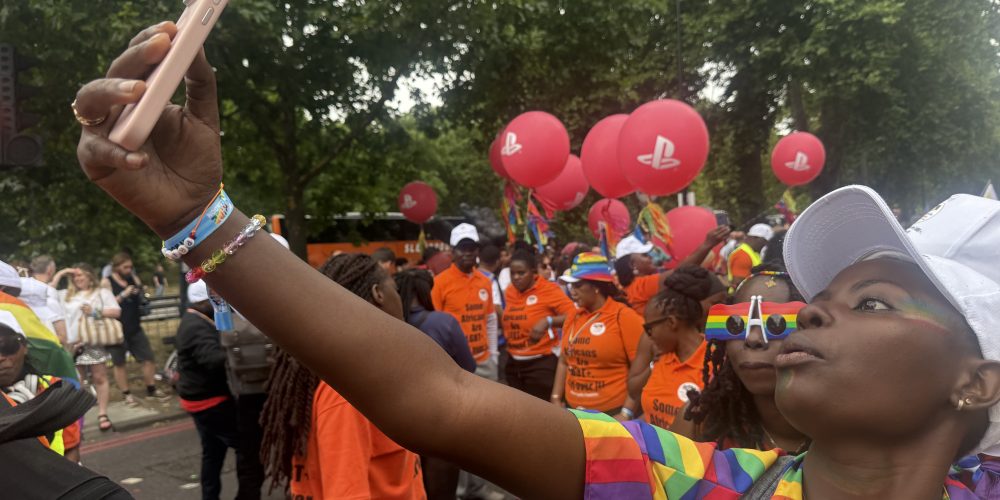

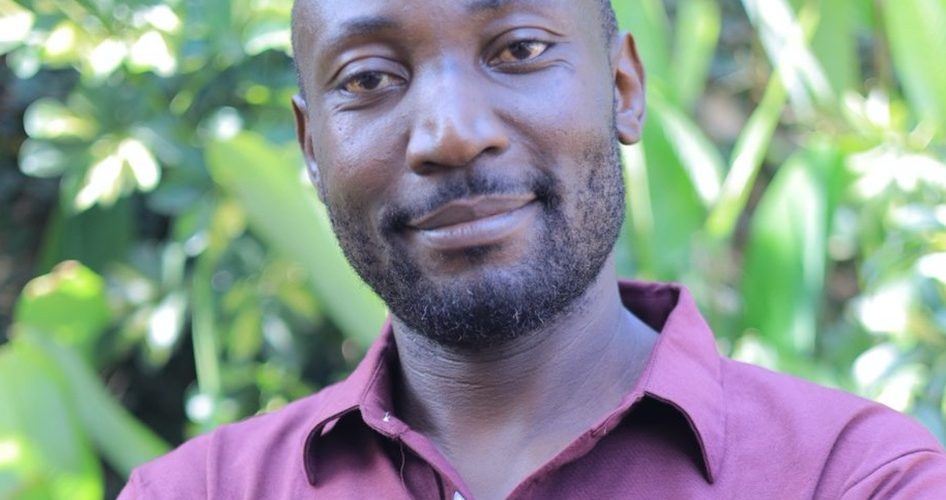
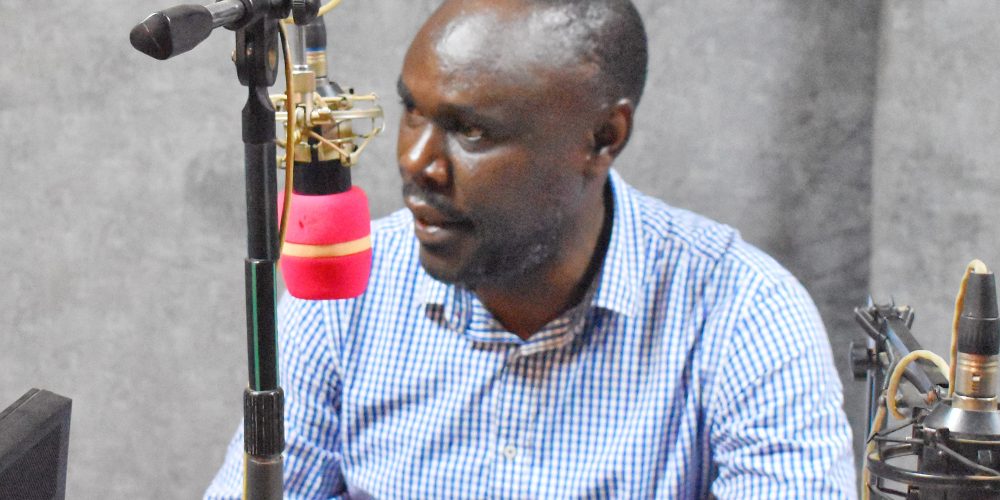

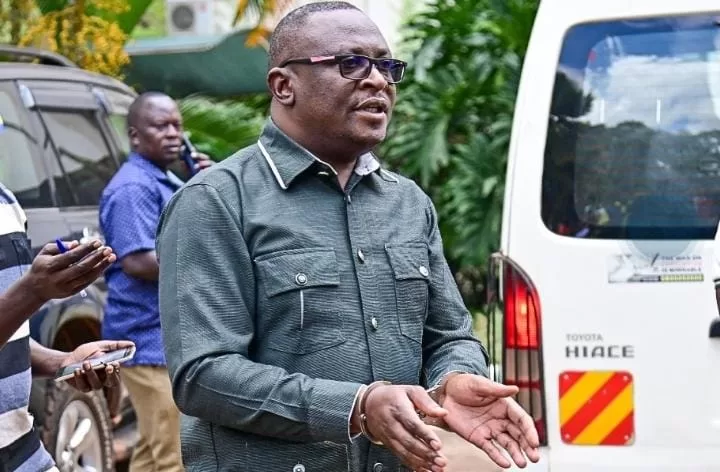
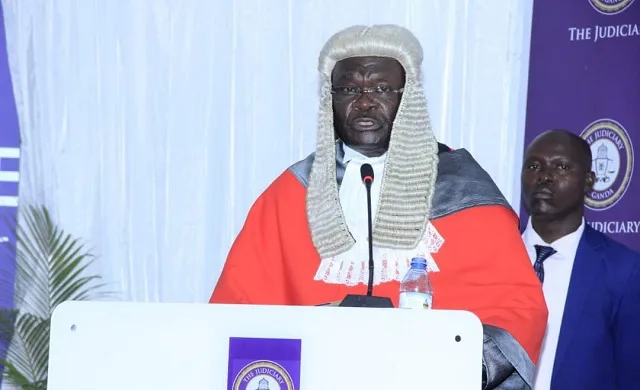
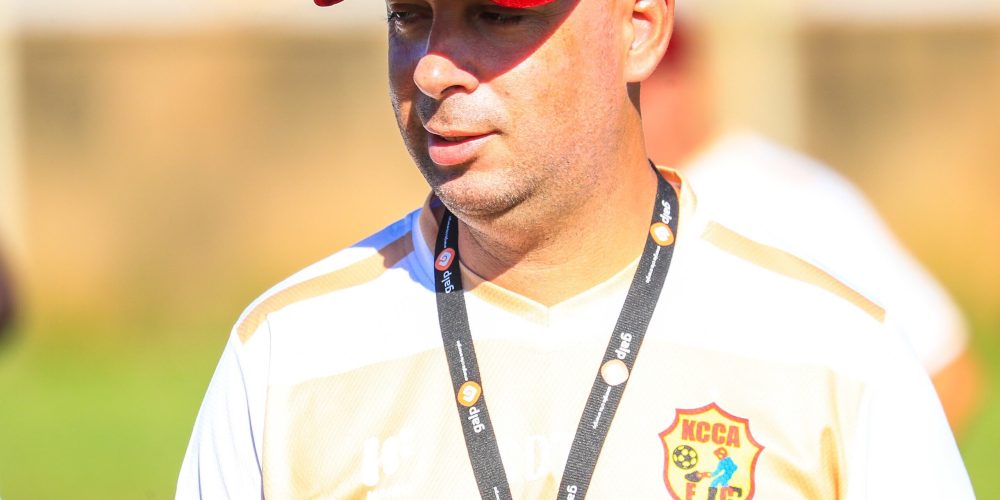
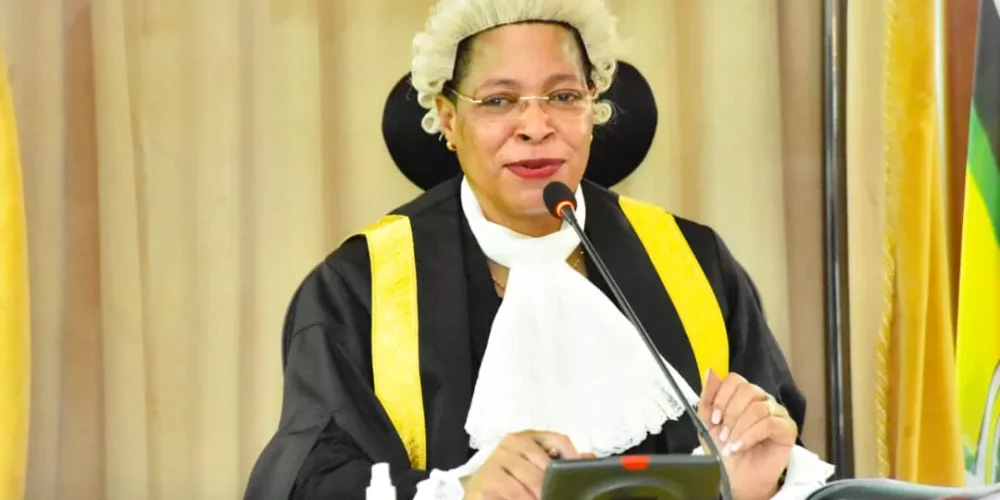




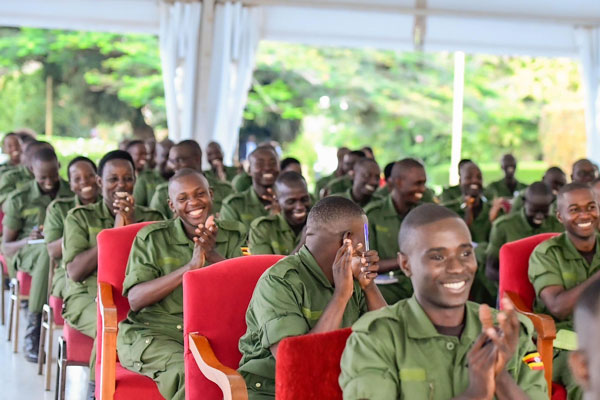
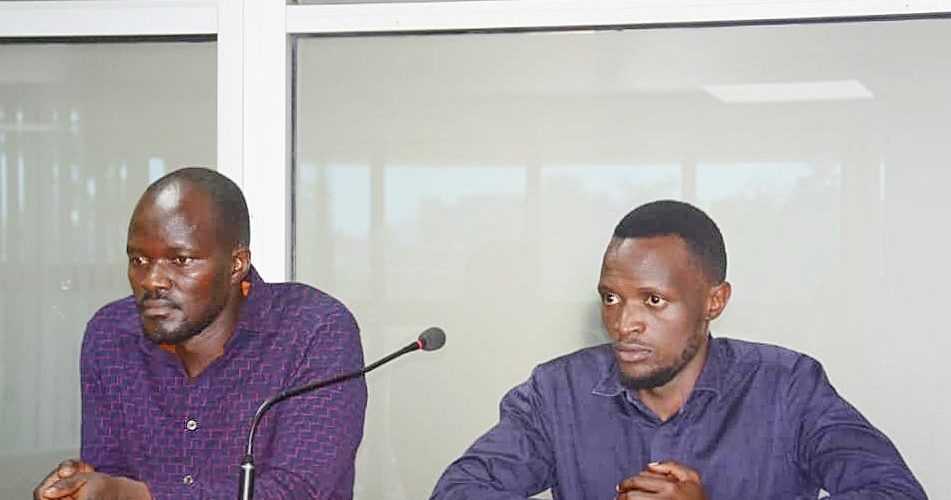

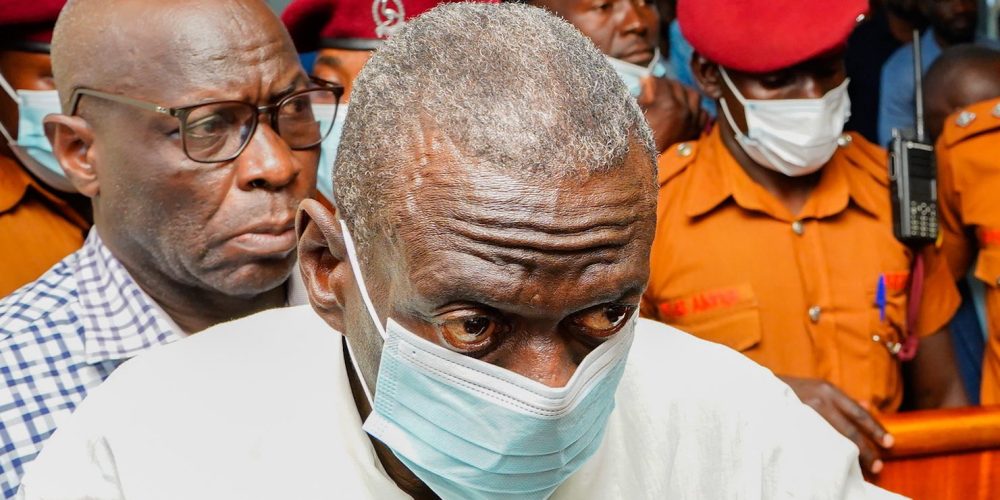

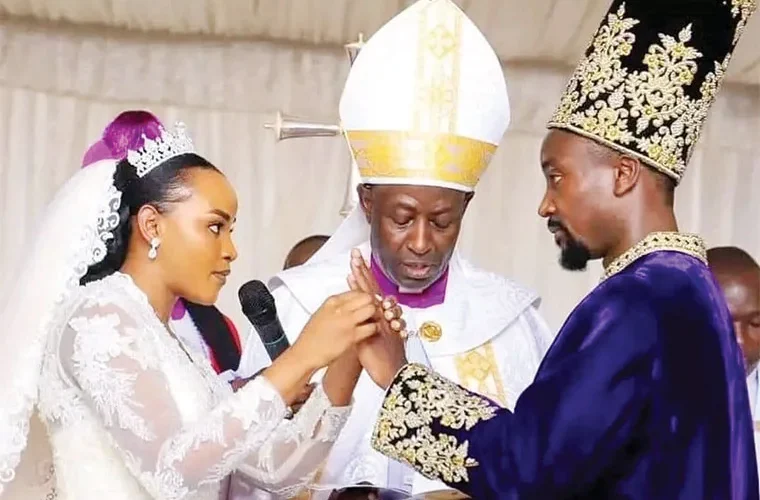
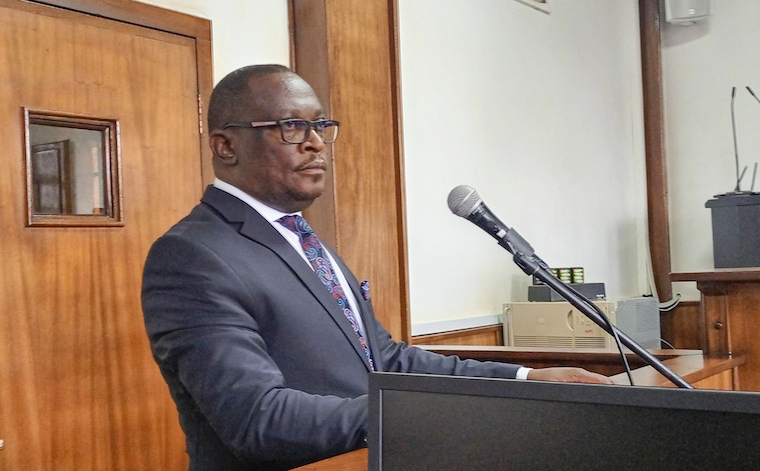

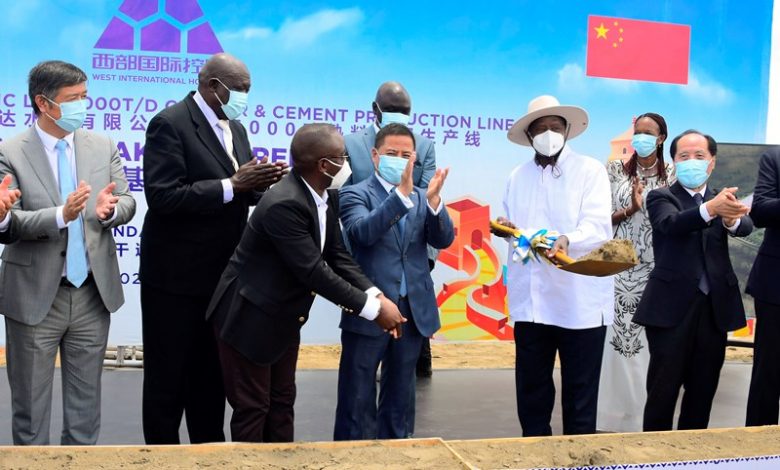

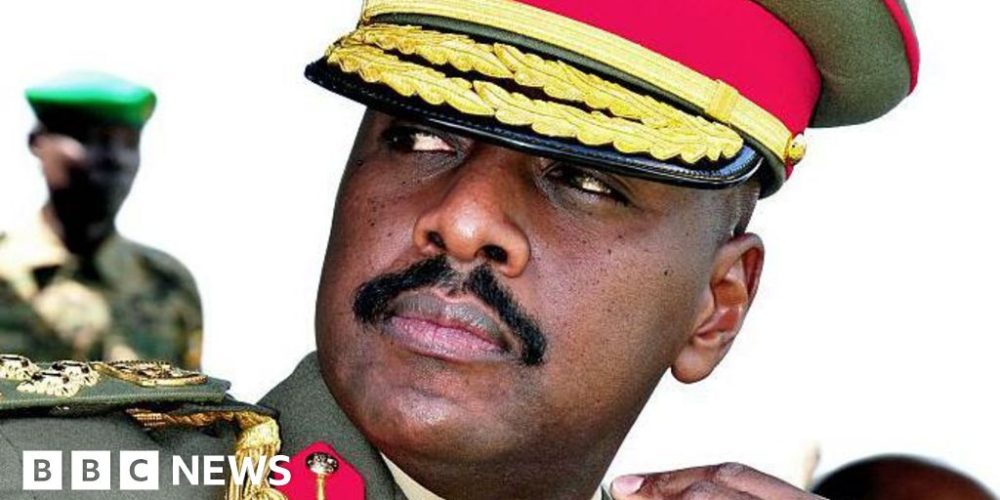
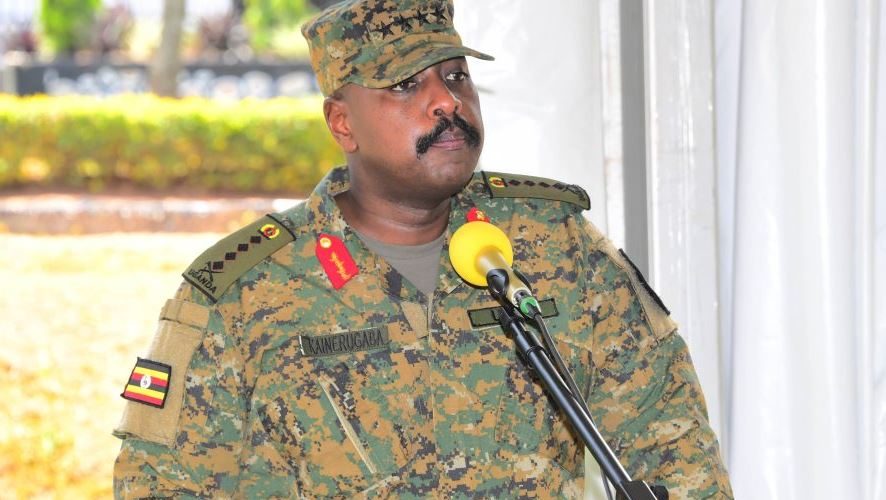



Can you be more specific about the content of your article? After reading it, I still have some doubts. Hope you can help me.
how to buy cheap clomiphene how to buy cheap clomid price can i purchase clomid online can you buy clomiphene without insurance where can i get generic clomiphene price clomiphene bula profissional can i order cheap clomiphene online
The reconditeness in this tune is exceptional.
I am in point of fact enchant‚e ‘ to gleam at this blog posts which consists of tons of worthwhile facts, thanks for providing such data.
azithromycin online buy – order flagyl 200mg online cheap flagyl cheap
how to buy rybelsus – periactin 4mg uk order periactin 4mg for sale
order domperidone online cheap – domperidone over the counter order flexeril 15mg generic
propranolol pills – order methotrexate 5mg online cheap buy methotrexate 2.5mg online
order amoxicillin online – diovan price combivent tablet
buy azithromycin tablets – order zithromax 250mg online cheap buy bystolic for sale
augmentin 625mg generic – atbioinfo.com purchase ampicillin for sale
order nexium 40mg capsules – https://anexamate.com/ buy cheap esomeprazole
order warfarin – blood thinner buy losartan 50mg pill
I got what you mean ,saved to favorites, very nice site.
https://www.smortergiremal.com/
meloxicam sale – https://moboxsin.com/ buy generic meloxicam 7.5mg
brand prednisone 10mg – https://apreplson.com/ deltasone 10mg tablet
otc ed pills that work – fastedtotake free ed pills
buy cheap generic amoxicillin – purchase amoxicillin online buy amoxil pills for sale
buy cheap fluconazole – https://gpdifluca.com/# order fluconazole 100mg generic
cheap cenforce 50mg – https://cenforcers.com/# order cenforce pill
I don’t think the title of your article matches the content lol. Just kidding, mainly because I had some doubts after reading the article.